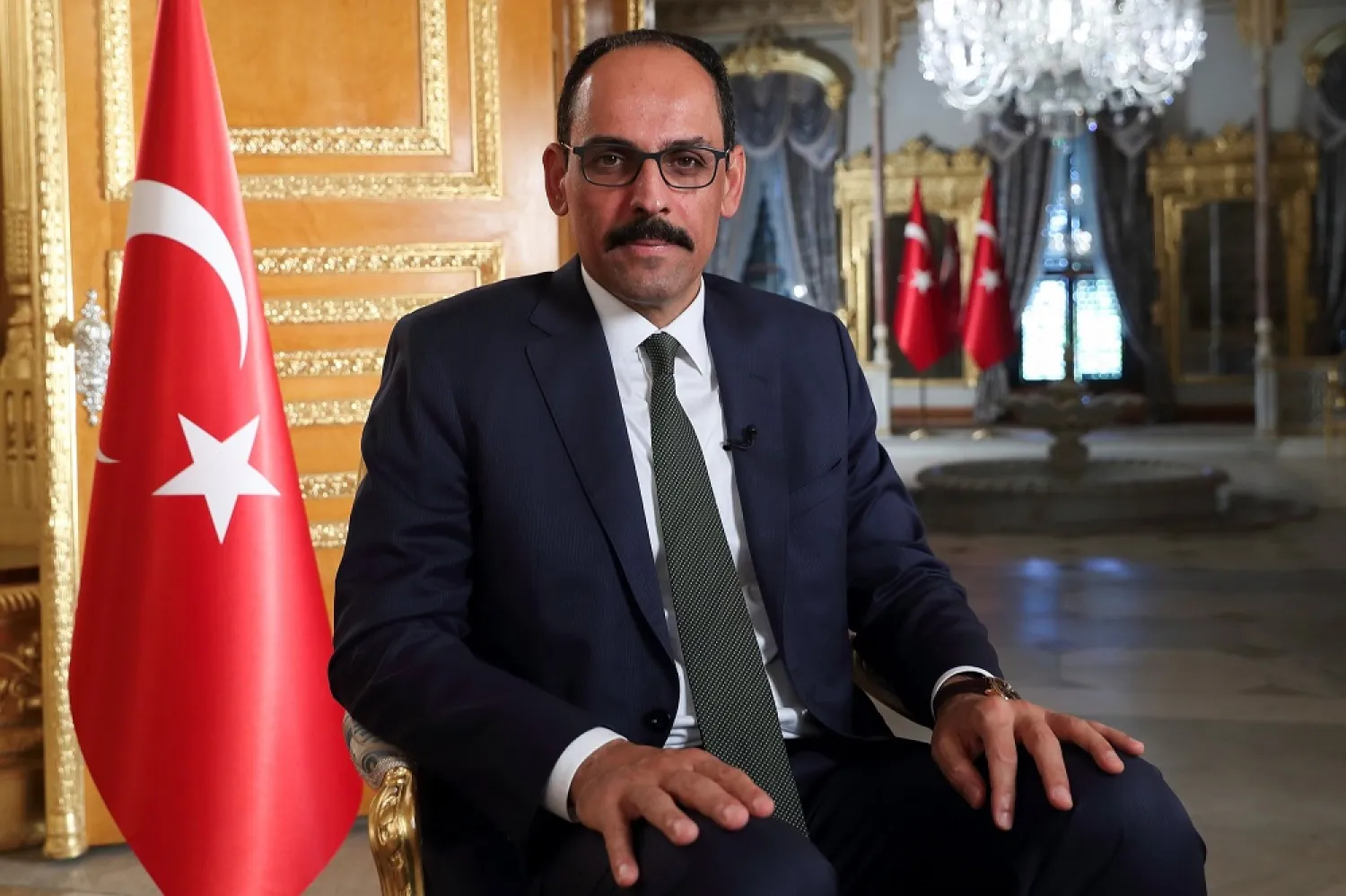Turkey stressed that its forces are allowed to remain in Libya as long as the understanding it struck with the Tripoli-based Government of National Accord (GNA) in 2019 still stands.
“There can be not talk of a solution in Libya” without Turkey, declared presidential spokesman Ibrahim Kalin.
Turkish Foreign Minister Mevlut Cavusoglu, meanwhile, telephone new United Nations envoy to Libya, Jan Kubis, to discuss the country’s future after the election of an interim government and new Presidential Council.
In televised remarks on Thursday, Kalin revealed that Turkish companies will play an “active role” in reconstruction in Libya.
Ankara will support the interim government, he added, saying that “no negotiations or conferences over a solution in Libya can take place without Turkey.”
Ankara cannot be excluded from such talks, he stressed.
On Tuesday, Turkish President Recep Tayyip Erdogan declared that Ankara will discuss withdrawing its forces from Libya if other foreign troops are withdrawn first.
He claimed that Turkish armed forces personnel were deployed in Libya solely to train units loyal to the GNA.
Erdogan also criticized French President Emmanuel Macron for demanding the withdrawal of Turkish forces and mercenaries, noting: “Mercenaries have come from various regions of Libya, but Marcon is only bothered by Turkey’s presence.”
A ceasefire agreement struck between the Libyan warring parties in October 2020 calls for all foreign forces and mercenaries to quit Libya within three months. The January 2021 deadline has since passed with no pullout.
Turkey intervened in the conflict in Libya to support the GNA against an offensive against Tripoli launched by the Libyan National Army in 2019. The intervention turned the offensive in the Tripoli government’s favor.
Despite the end of the operation, Ankara continues to bring in forces, mercenaries and military equipment to Libya.









